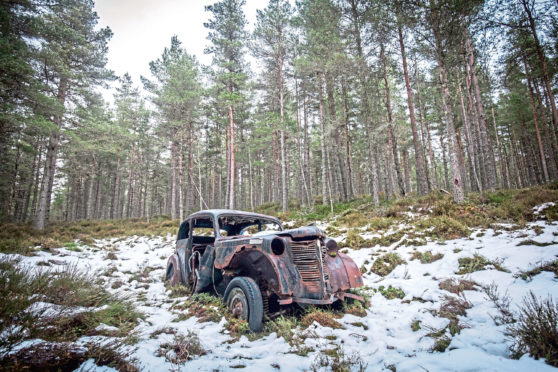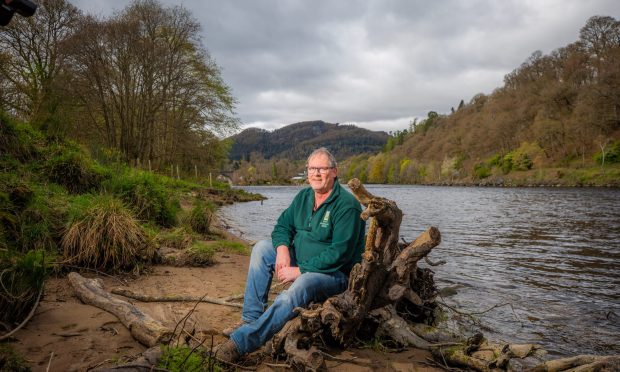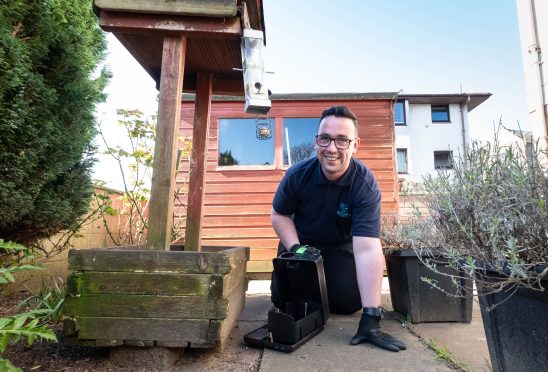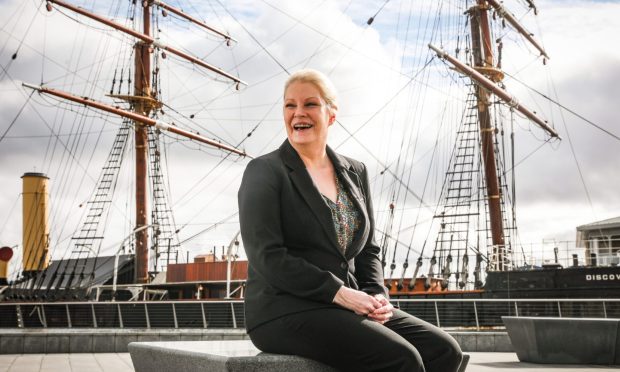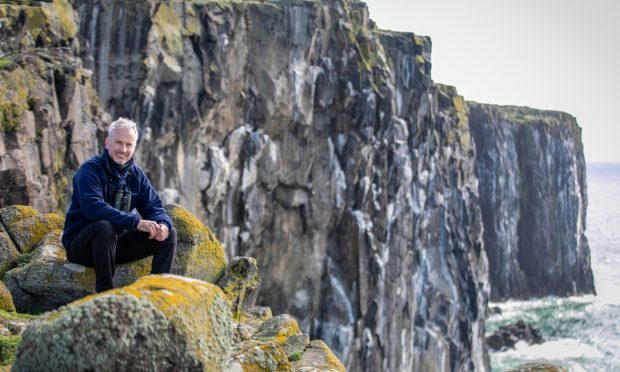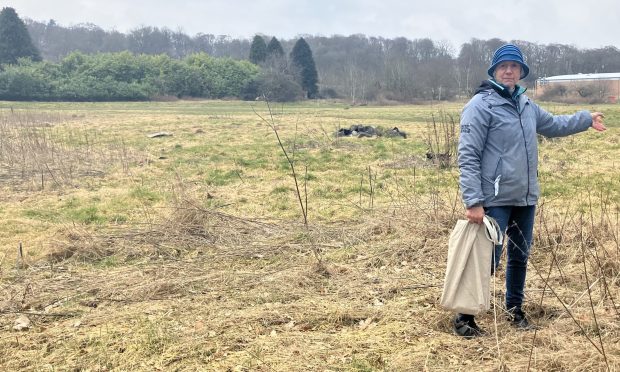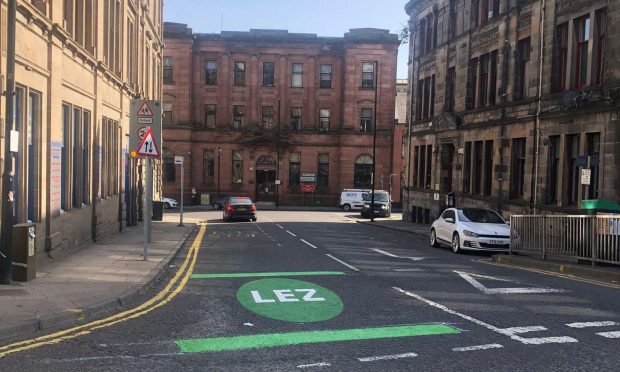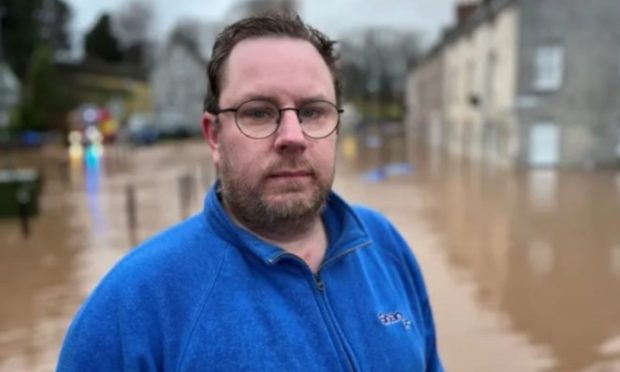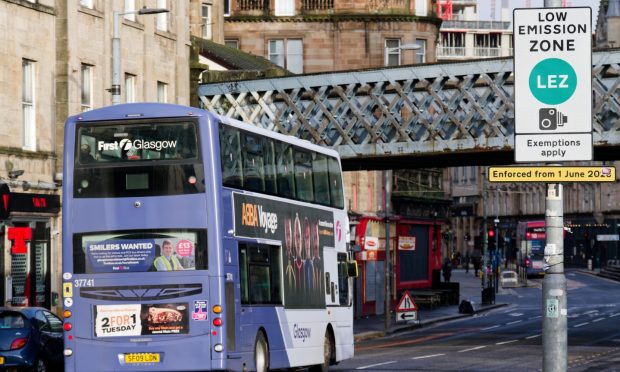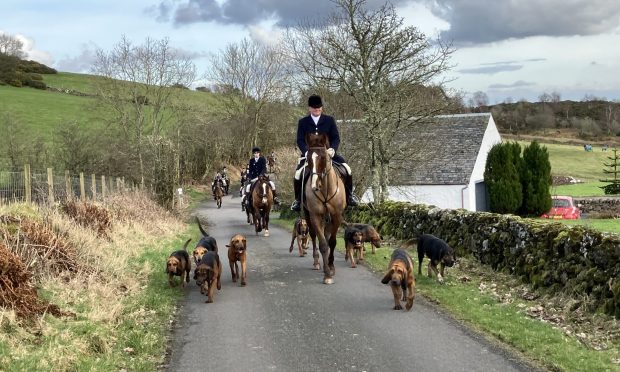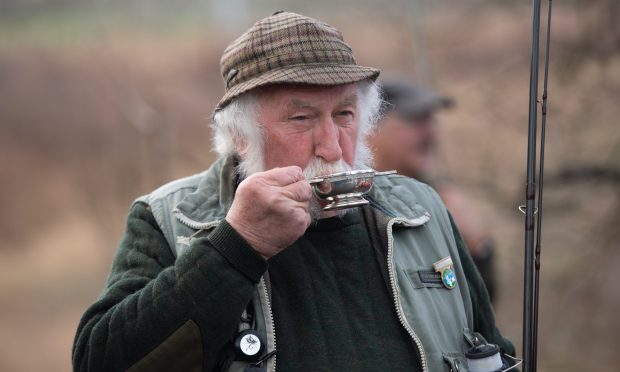I was vaccinated on Saturday by a soldier called Jack. You have to imagine this is not why he joined up.
My awareness of military life began and ended with the very few monosyllables my father uttered about Dunkirk, El Alamein, Sicily, the victory parade in Berlin, the genius of Montgomery and a horse called Mary’s Lamb which had been named by a sadist (Dad was in the Royal Horse Artillery). It seems reasonable to believe that things have moved on since then.
Like many of his generation, Dad discouraged talk of the war. Like many sons of my generation, I did as he wished, and then cheerfully abandoned all interest in military matters for life. So it has never crossed my mind since then that a soldier with something sharp and pointed in his hand would be deploying anything less subtle than a bayonet.
But Jack was so accomplished at deploying a vaccine needle that I felt virtually nothing, there was no physical reaction, and there is no visible sign on my arm that a six-foot soldier had been anywhere near it. It’s not only locked-down nature writers whose lives have been turned inside out and upside down by the virus.
As one whose working life for the last 33 years has been the pursuit of nature’s company, travelling wherever I have needed to go in pursuit of my raw material in order to write my books and a few thousand newspaper and magazine articles, the only discipline required has been to meet deadlines.
Being politely told what to do by soldiers at the vaccine centre was simply an extension of what has been necessary for the past year. We have had to learn to discipline our everyday lives and apply restraint. We have all had to do what we are told, often to behave in ways that run contrary to human nature itself.
It impresses me that our species is capable of doing this for our personal health and for the greater good. The consequences of ignoring the threat are self-evident. Grim reminders make headline news on every news bulletin. But what I am wondering is this: how can we adapt what we have learned for life beyond the virus?
Suppose there was a huge event designed to galvanise a global revolution in our behaviour, not for the good of our health – or at least not just our health – but for the health of every living thing on the planet, of the very planet itself. Suppose we called it the UN Climate Change Conference UK 2021.
Good idea. It’s already happening, this November, in Glasgow. The world is coming here to fix the planet.
Ah, but it’s not climate change, I hear you say, it’s a climate change conference. And there will be nothing very green about the world’s leaders and their staffs jetting across the world and that grates especially right now, because the rest of us can’t go very far.
But suppose by November we have learned to live with the virus that has so constrained us, and our lives are back on something like an even keel. What will be different is that we now know what it takes to effect drastic change, because we will have effected it by our own actions.
There is one clear difference between what it has taken to save ourselves and what it will take to save a planet lurching crazily towards the unknown. There is one thing and one thing only that we have to do stop the chaos in its tracks and return the planet to a state of health and it is really very, very simple: we have to learn to think beyond self.
The planet does not want to hear our excuses. It wants to hear what we plan to do to help. The planet is in a state of crisis because the actions of our species have broken and polluted its ecosystems, trashed its biodiversity, felled forests, compromised oceans. All of these things can be reversed. Our governments in Edinburgh and London say they are committed to making a success of the summit and the world will be watching. How committed are you?
At the heart of it all is nature. Nature is all there is. You and I, and everyone else and every species of life on the planet and everything we use and need to live, comes from nature. There is nothing else.
So I was just wondering if there was a way of harnessing the discipline we still continue to demonstrate on a daily basis to subdue a virus that by its nature does not want to be subdued; harness that discipline and bring it to bear to help a planet in trouble. Starting now, while the world is watching us.
And I know, it’s just a conference. But the only way almost everything has ever been changed for the better is when a bunch of people sat down in a room together and talked about it.
Oh, and I just wanted to say thanks to Jack, for thinking beyond self.
